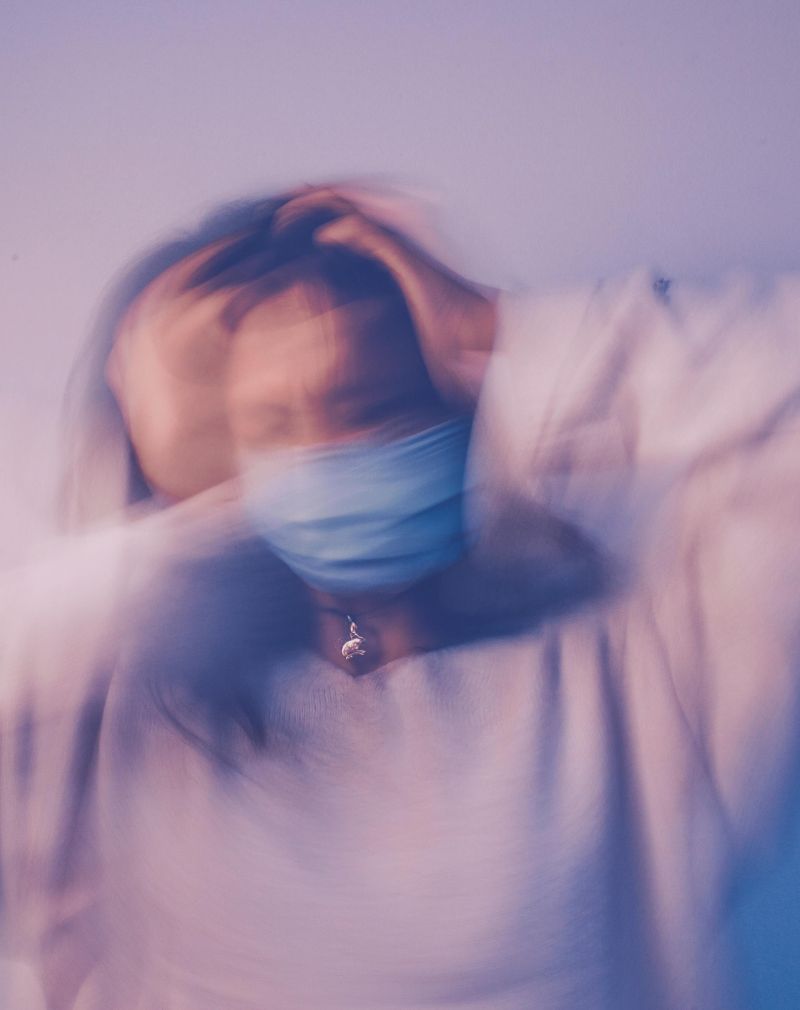Have you ever felt like you were at your lowest point… and nothing was going to get better?
It’s a place more people have been than you might think. Quietly. Alone. Sometimes with a smile on their face, even when everything inside feels broken.
According to the World Health Organization, over 970 million people around the world are living with a mental health condition. That’s nearly 1 in 8 of us.
Depression. Trauma. Grief. Anxiety that doesn’t seem to let go. These aren’t just words. They’re real experiences. And for many, they hit hard.
But here’s the thing, rock bottom doesn’t have to be the end of the story. For some, it’s where a new chapter begins.
In this blog, we’ll walk through powerful, real-life stories of people—famous names you probably know—who’ve lived through darkness and found their way back. People who reached their breaking point… and still came back stronger.
And while everyone’s journey is different, there’s one thing they all remind us of: healing is possible.
Whether you’re going through something tough right now or just curious how others made it through, you’re in the right place.
At The American Wellness Center in Dubai Healthcare City, our Psychology Department sees stories like this every day. Not just survival, but resilience. Not just getting by, but rebuilding. With the right help, the right care, and yes—even the right conversation.
Why These Stories Matter
It’s easy to think you’re the only one going through it.
That’s how mental illness often feels—quiet, isolating, and invisible to everyone else. Most people don’t talk about it. Some don’t even recognize it in themselves until it starts to spill into everything else: work, sleep, relationships.
There’s still stigma around struggling. Around saying, “I’m not okay.”
That’s why these stories matter. When someone in the spotlight—someone admired, accomplished, even adored—says, “I’ve been there too,” it cracks something open. It gives others permission to stop pretending. To reach out. To believe things can change.
Psychologists know this well: resilience isn’t something you’re born with. It’s something you build. Like a muscle. And like any muscle, it needs the right conditions to grow—support, patience, and time.
The American Wellness Center in Dubai Healthcare City sees this every day through its Psychology team. People learning to face the hard stuff, slowly turning breakdowns into breakthroughs.
And when we see it in others, especially those we admire, it reminds us—we’re not broken. We’re human.
Celebrity Comebacks
Let’s talk about the famous faces who’ve shown us what emotional strength really looks like—away from the cameras, without the filters.
Dwayne “The Rock” Johnson – When strength means being honest
Before Hollywood and the millions of fans, he was just a young man cut from his football dream, sinking into depression.
He didn’t lift his way out of it. He talked. He opened up.
Today, he uses his platform to remind others that real strength is asking for help.
Lady Gaga – Turning pain into power
She’s won Grammys and hearts, but behind the fame was a young woman dealing with the lasting effects of trauma.
After surviving sexual assault and living with PTSD, she didn’t hide it.
Instead, she became a loud, unapologetic voice for mental health—and for those who often feel silenced.
Michael Phelps – More than medals
He has 23 Olympic golds. But after the games, he fell into darkness.
Isolation. Suicidal thoughts. A sense of emptiness that no medal could fix.
Therapy became his lifeline. Now, he uses his story to push for more honest conversations—especially among men who are told to “tough it out.”
Selena Gomez – Choosing herself first
She didn’t just disappear from the spotlight. She stepped away to protect her mind.
After sharing her bipolar diagnosis in 2020, she became an advocate for mental wellness and rest.
Not just for celebrities, but for anyone who’s ever felt overwhelmed and unseen.
Prince Harry – Healing in public
Losing his mother as a child was more than just a tragedy—it shaped his entire world.
Years of silence gave way to therapy, open interviews, and a new mission: encouraging others, especially men and veterans, to face grief and talk about mental health.
Through the Invictus Games and beyond, he’s showing what healing across generations can look like.
Every one of these stories has something in common: the decision to face the pain instead of hiding it. And that choice—vulnerable, messy, human—is what makes the comeback possible.
Because healing isn’t always heroic. Sometimes, it starts with just saying, “I need help.”
And at places like The American Wellness Center in Dubai Healthcare City, that’s exactly where the work begins.
Athletes and Performers
Some people break records. Others break under the pressure. And sometimes, they do both.
Simone Biles – More Than Gold
She was expected to carry a country. Instead, she chose to carry herself.
Simone pulled out of Olympic finals, not because she couldn’t, but because she knew she should. That decision made history—and gave other athletes permission to prioritize mental health over medals.
Naomi Osaka – Silence Can Be Strength
She walked away from the biggest courts in tennis. Why? Because her mind wasn’t okay.
Anxiety. Depression. Overwhelm. Naomi didn’t just protect herself—she lit a fire in sports media about how little support exists for mental well-being.
Demi Lovato – Surviving Herself
Addiction. Relapse. A near-fatal overdose.
Demi’s story is raw and real. She talks about recovery not as a clean, straight road—but as something you build, day by day, after you’ve nearly lost everything.
Her voice matters. Because it reminds people that surviving is strength too.
What These Stories Teach Us About Recovery
Recovery doesn’t look like a movie. There are no neat timelines.
It’s messy. It’s painful. And sometimes, you fall again just when you think you’ve made it.
But if there’s one thing these stories show us, it’s this:
- Asking for help isn’t weakness. It’s the turning point.
- The people around you matter more than you think.
- You are not broken. You’re becoming someone new.
According to the National Institute of Mental Health, the most effective recoveries come through talk therapy, community support, and mindfulness-based care. These aren’t just buzzwords. They work.
The American Wellness Center in Dubai Healthcare City offers all three—with psychologists who understand the ups and downs of healing.
The Science of Resilience
Hope isn’t soft. It’s science.
- The American Psychological Associationfound that people with higher hope levels cope 14% better with long-term illness.
- Combining therapy with medication helps up to 70% of people with moderate to severe depression recover faster.
There’s even a name for what happens when people grow through struggle. It’s called post-traumatic growth.
It’s when pain becomes purpose. When loss makes room for clarity.
Not every scar needs to disappear to move forward.
When Rock Bottom Becomes Your Starting Line
If you’ve ever felt like you’re falling apart, read this closely:
You’re not behind. You’re not too late. You’re not the only one.
Every story in this blog started in a place that felt hopeless. The difference is, they kept going. Some days, that’s all you can do—and it’s enough.
You don’t need to figure everything out today.
You just need to take care of the you that woke up this morning.
If you’re ready to talk, or even if you’re just ready to not feel alone in it anymore, the Psychology team at The American Wellness Center in Dubai Healthcare City is here. Quietly. Gently. Fully. Contact us Today!
Not just for when you’re healed. For when you’re still hurting. And still trying.



